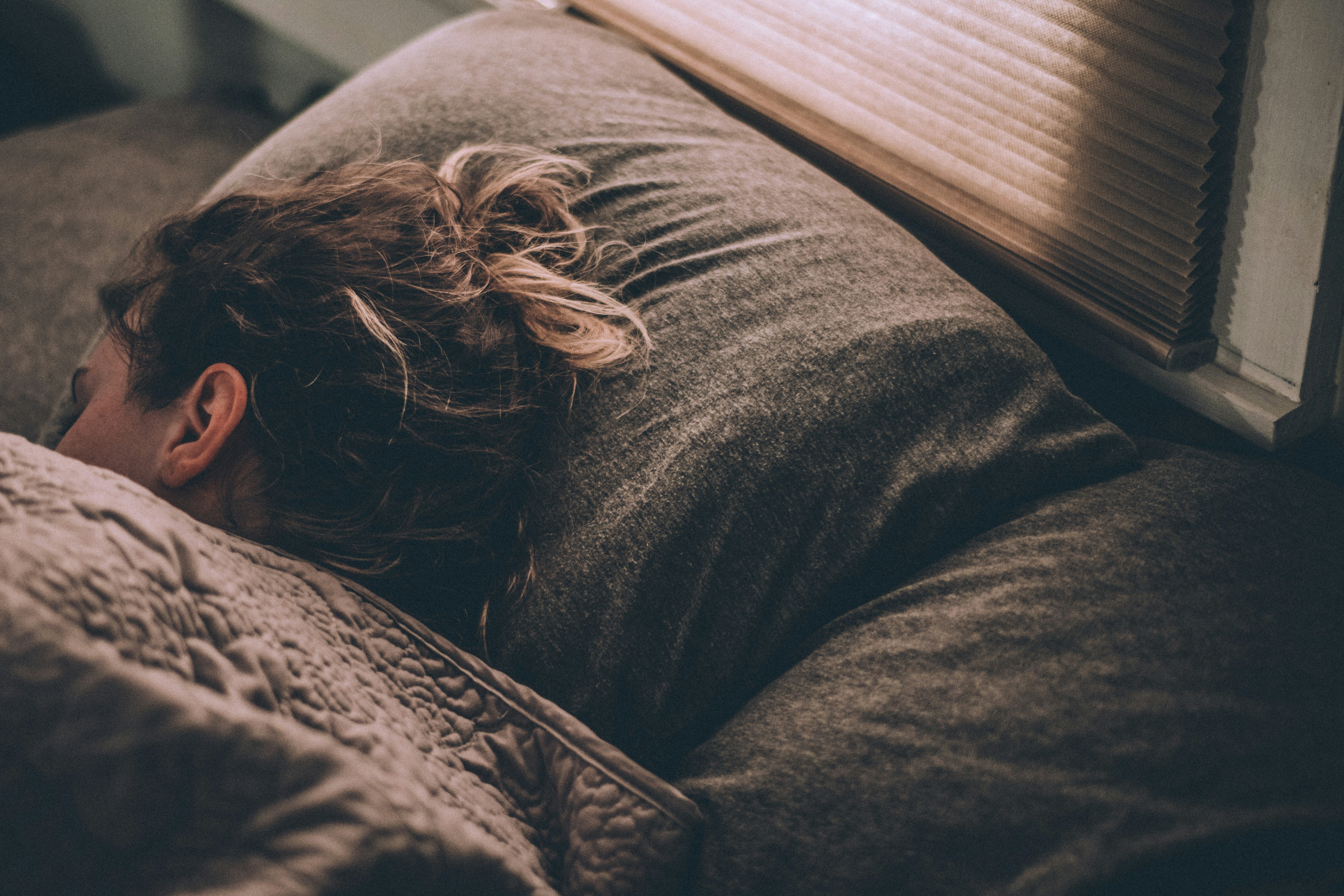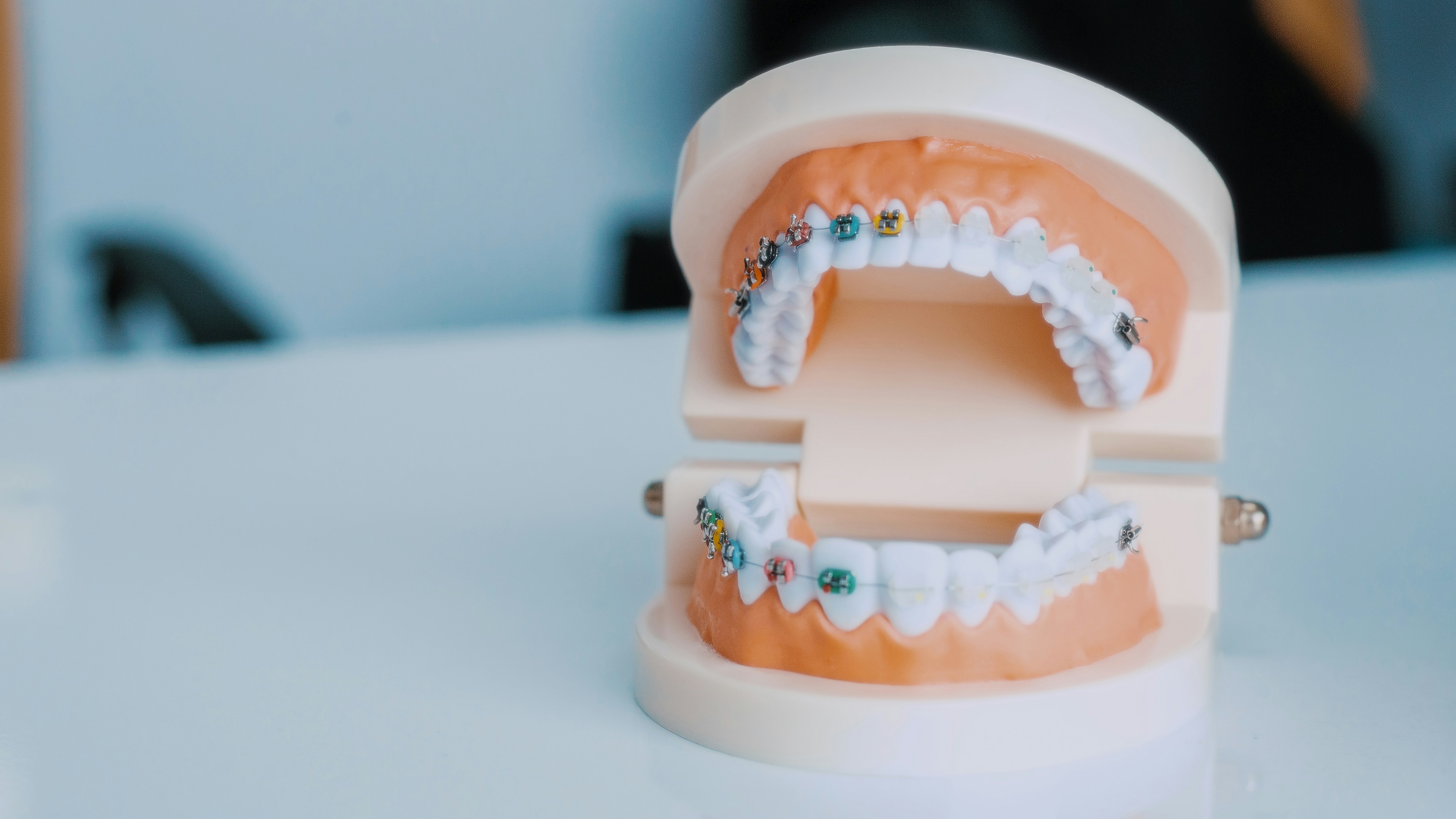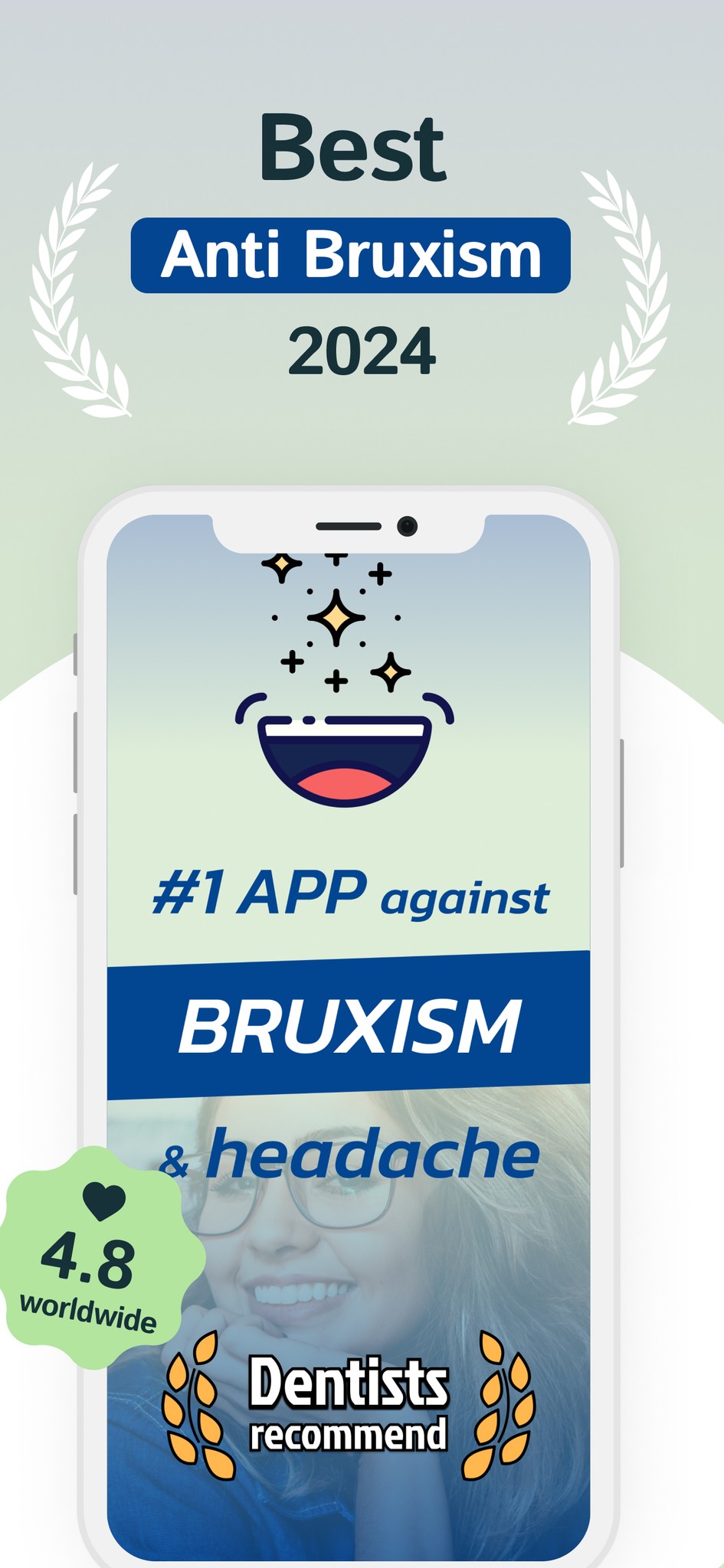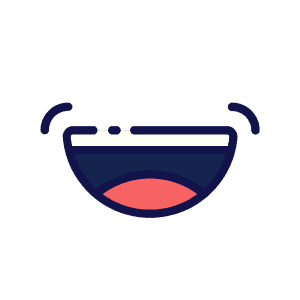
8 nov. 2024
Comprendre l'apnée du sommeil et son lien avec le bruxisme
Understanding Sleep Apnea and Its Link to Bruxism
Sleep is essential for overall health, but sleep disorders can disrupt it and lead to various issues, including bruxism. One common sleep disorder associated with teeth grinding is sleep apnea. In this article, we will explore the connection between sleep apnea and bruxism, the symptoms to watch for, and effective management strategies. Additionally, we’ll highlight how the Bruxism+ app can support your journey to better sleep and oral health.
What is Sleep Apnea?
Sleep apnea is a serious sleep disorder characterized by repeated interruptions in breathing during sleep. These interruptions can last for a few seconds to minutes and may occur numerous times throughout the night. The most common type of sleep apnea is obstructive sleep apnea (OSA), where the throat muscles relax excessively during sleep, blocking the airway.
The Link Between Sleep Apnea and Bruxism
Research indicates a significant relationship between sleep apnea and bruxism. Individuals with sleep apnea may grind their teeth as a response to the stress placed on the body from interrupted breathing. This grinding can further disrupt sleep, leading to a cycle of poor sleep quality and increased bruxism activity.
Common Symptoms of Sleep Apnea
Recognizing the symptoms of sleep apnea is crucial for early intervention. Common symptoms include:
Loud snoring
Gasping or choking during sleep
Excessive daytime sleepiness
Morning headaches
Difficulty concentrating
If you or a loved one experiences these symptoms, it’s essential to consult a healthcare professional for evaluation.
Managing Sleep Apnea and Bruxism
Here are some strategies to manage sleep apnea and its associated bruxism:
Seek Professional Help: Consult a doctor or sleep specialist for a comprehensive evaluation. They may recommend a sleep study to diagnose sleep apnea accurately.
Lifestyle Changes: Weight loss, regular exercise, and avoiding alcohol or sedatives can help reduce sleep apnea symptoms.
Use of Oral Appliances: Dentists can provide custom mouthguards to protect against teeth grinding and alleviate the symptoms of sleep apnea.
Relaxation Techniques: Incorporate relaxation practices, such as meditation or deep breathing exercises, before bedtime to reduce stress and improve sleep quality. The Bruxism+ app offers various relaxation exercises that can be helpful.
How Bruxism+ Can Help
The Bruxism+ app is a valuable tool for individuals dealing with both sleep apnea and bruxism. The app allows users to log grinding episodes, track sleep patterns, and access relaxation techniques designed to reduce stress and improve sleep quality. By utilizing the app, you can gain insights into your habits and take proactive steps toward managing both conditions.
Conclusion
Understanding the link between sleep apnea and bruxism is vital for effective management. By recognizing the symptoms and implementing lifestyle changes, you can improve your sleep quality and reduce teeth grinding. The Bruxism+ app serves as a supportive resource on this journey, offering tools to help you regain control of your sleep and oral health. Take charge of your well-being by addressing these interconnected issues and working toward a healthier, bruxism-free life.
Understanding Sleep Apnea and Its Link to Bruxism
Sleep is essential for overall health, but sleep disorders can disrupt it and lead to various issues, including bruxism. One common sleep disorder associated with teeth grinding is sleep apnea. In this article, we will explore the connection between sleep apnea and bruxism, the symptoms to watch for, and effective management strategies. Additionally, we’ll highlight how the Bruxism+ app can support your journey to better sleep and oral health.
What is Sleep Apnea?
Sleep apnea is a serious sleep disorder characterized by repeated interruptions in breathing during sleep. These interruptions can last for a few seconds to minutes and may occur numerous times throughout the night. The most common type of sleep apnea is obstructive sleep apnea (OSA), where the throat muscles relax excessively during sleep, blocking the airway.
The Link Between Sleep Apnea and Bruxism
Research indicates a significant relationship between sleep apnea and bruxism. Individuals with sleep apnea may grind their teeth as a response to the stress placed on the body from interrupted breathing. This grinding can further disrupt sleep, leading to a cycle of poor sleep quality and increased bruxism activity.
Common Symptoms of Sleep Apnea
Recognizing the symptoms of sleep apnea is crucial for early intervention. Common symptoms include:
Loud snoring
Gasping or choking during sleep
Excessive daytime sleepiness
Morning headaches
Difficulty concentrating
If you or a loved one experiences these symptoms, it’s essential to consult a healthcare professional for evaluation.
Managing Sleep Apnea and Bruxism
Here are some strategies to manage sleep apnea and its associated bruxism:
Seek Professional Help: Consult a doctor or sleep specialist for a comprehensive evaluation. They may recommend a sleep study to diagnose sleep apnea accurately.
Lifestyle Changes: Weight loss, regular exercise, and avoiding alcohol or sedatives can help reduce sleep apnea symptoms.
Use of Oral Appliances: Dentists can provide custom mouthguards to protect against teeth grinding and alleviate the symptoms of sleep apnea.
Relaxation Techniques: Incorporate relaxation practices, such as meditation or deep breathing exercises, before bedtime to reduce stress and improve sleep quality. The Bruxism+ app offers various relaxation exercises that can be helpful.
How Bruxism+ Can Help
The Bruxism+ app is a valuable tool for individuals dealing with both sleep apnea and bruxism. The app allows users to log grinding episodes, track sleep patterns, and access relaxation techniques designed to reduce stress and improve sleep quality. By utilizing the app, you can gain insights into your habits and take proactive steps toward managing both conditions.
Conclusion
Understanding the link between sleep apnea and bruxism is vital for effective management. By recognizing the symptoms and implementing lifestyle changes, you can improve your sleep quality and reduce teeth grinding. The Bruxism+ app serves as a supportive resource on this journey, offering tools to help you regain control of your sleep and oral health. Take charge of your well-being by addressing these interconnected issues and working toward a healthier, bruxism-free life.
Understanding Sleep Apnea and Its Link to Bruxism
Sleep is essential for overall health, but sleep disorders can disrupt it and lead to various issues, including bruxism. One common sleep disorder associated with teeth grinding is sleep apnea. In this article, we will explore the connection between sleep apnea and bruxism, the symptoms to watch for, and effective management strategies. Additionally, we’ll highlight how the Bruxism+ app can support your journey to better sleep and oral health.
What is Sleep Apnea?
Sleep apnea is a serious sleep disorder characterized by repeated interruptions in breathing during sleep. These interruptions can last for a few seconds to minutes and may occur numerous times throughout the night. The most common type of sleep apnea is obstructive sleep apnea (OSA), where the throat muscles relax excessively during sleep, blocking the airway.
The Link Between Sleep Apnea and Bruxism
Research indicates a significant relationship between sleep apnea and bruxism. Individuals with sleep apnea may grind their teeth as a response to the stress placed on the body from interrupted breathing. This grinding can further disrupt sleep, leading to a cycle of poor sleep quality and increased bruxism activity.
Common Symptoms of Sleep Apnea
Recognizing the symptoms of sleep apnea is crucial for early intervention. Common symptoms include:
Loud snoring
Gasping or choking during sleep
Excessive daytime sleepiness
Morning headaches
Difficulty concentrating
If you or a loved one experiences these symptoms, it’s essential to consult a healthcare professional for evaluation.
Managing Sleep Apnea and Bruxism
Here are some strategies to manage sleep apnea and its associated bruxism:
Seek Professional Help: Consult a doctor or sleep specialist for a comprehensive evaluation. They may recommend a sleep study to diagnose sleep apnea accurately.
Lifestyle Changes: Weight loss, regular exercise, and avoiding alcohol or sedatives can help reduce sleep apnea symptoms.
Use of Oral Appliances: Dentists can provide custom mouthguards to protect against teeth grinding and alleviate the symptoms of sleep apnea.
Relaxation Techniques: Incorporate relaxation practices, such as meditation or deep breathing exercises, before bedtime to reduce stress and improve sleep quality. The Bruxism+ app offers various relaxation exercises that can be helpful.
How Bruxism+ Can Help
The Bruxism+ app is a valuable tool for individuals dealing with both sleep apnea and bruxism. The app allows users to log grinding episodes, track sleep patterns, and access relaxation techniques designed to reduce stress and improve sleep quality. By utilizing the app, you can gain insights into your habits and take proactive steps toward managing both conditions.
Conclusion
Understanding the link between sleep apnea and bruxism is vital for effective management. By recognizing the symptoms and implementing lifestyle changes, you can improve your sleep quality and reduce teeth grinding. The Bruxism+ app serves as a supportive resource on this journey, offering tools to help you regain control of your sleep and oral health. Take charge of your well-being by addressing these interconnected issues and working toward a healthier, bruxism-free life.
Nos dernières histoires :


15 nov. 2024
Dietary Changes That May Help Reduce Bruxism Symptoms


11 nov. 2024
The Impact of Jaw Alignment on Bruxism: What You Need to Know


8 nov. 2024
Comprendre l'apnée du sommeil et son lien avec le bruxisme
Voir tous les posts
Médias sociaux
Médias sociaux
Médias sociaux


